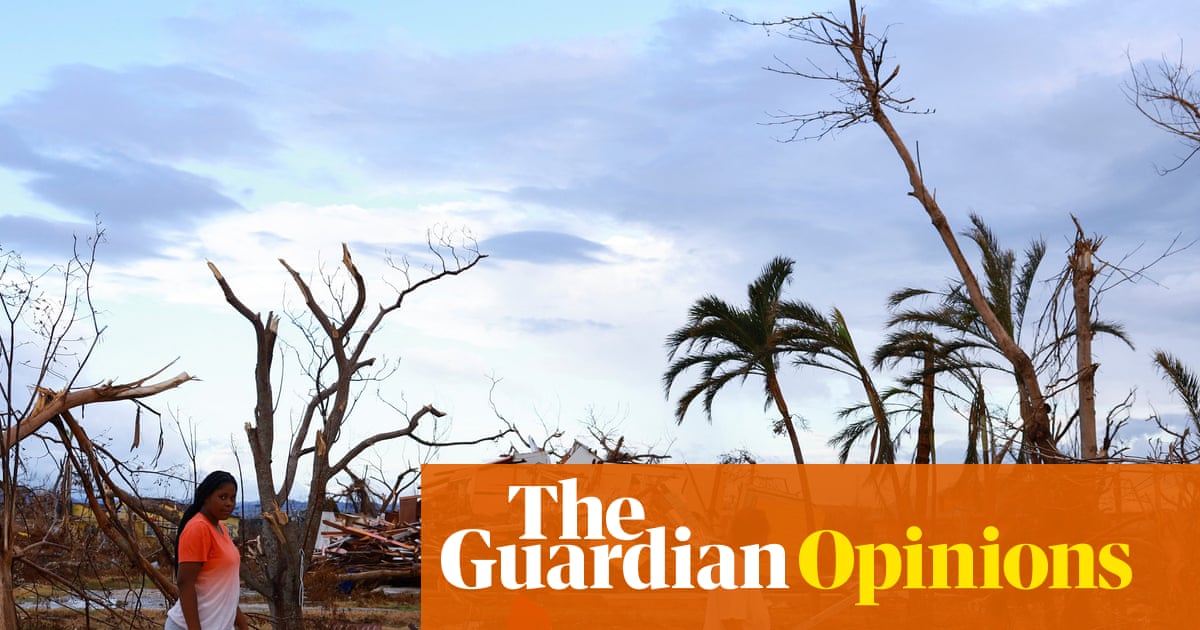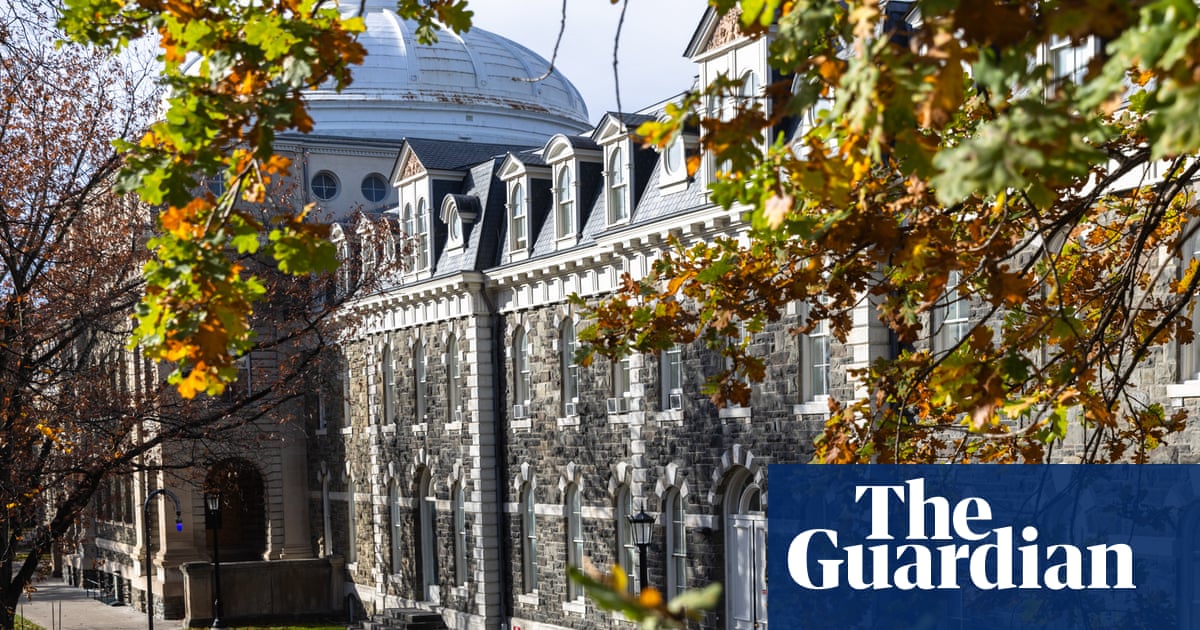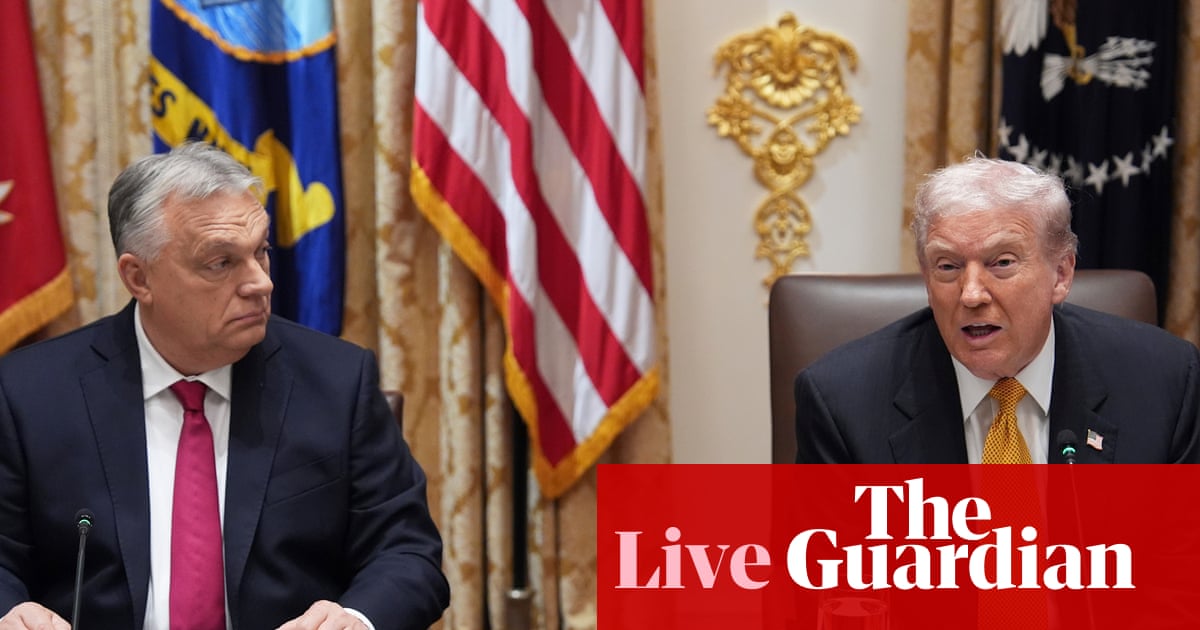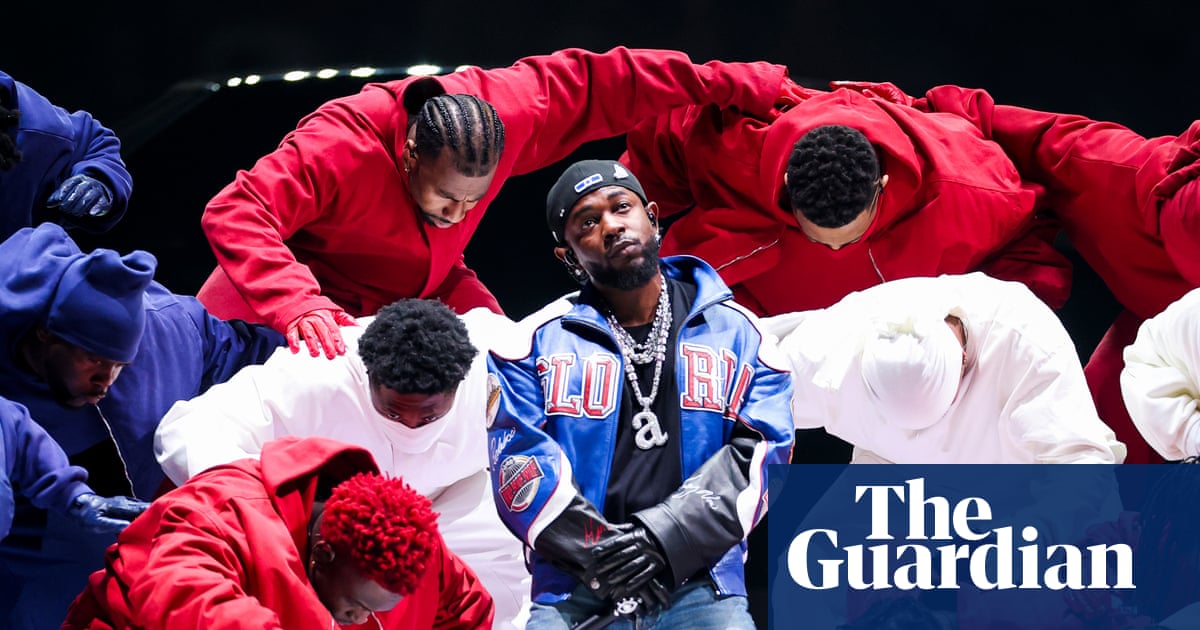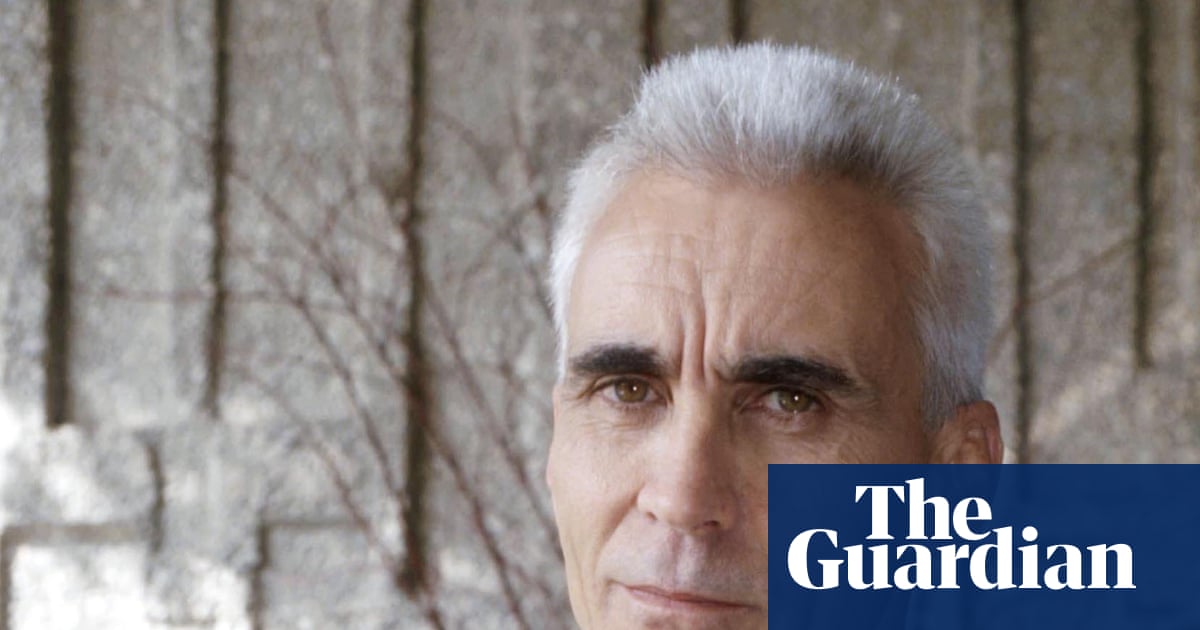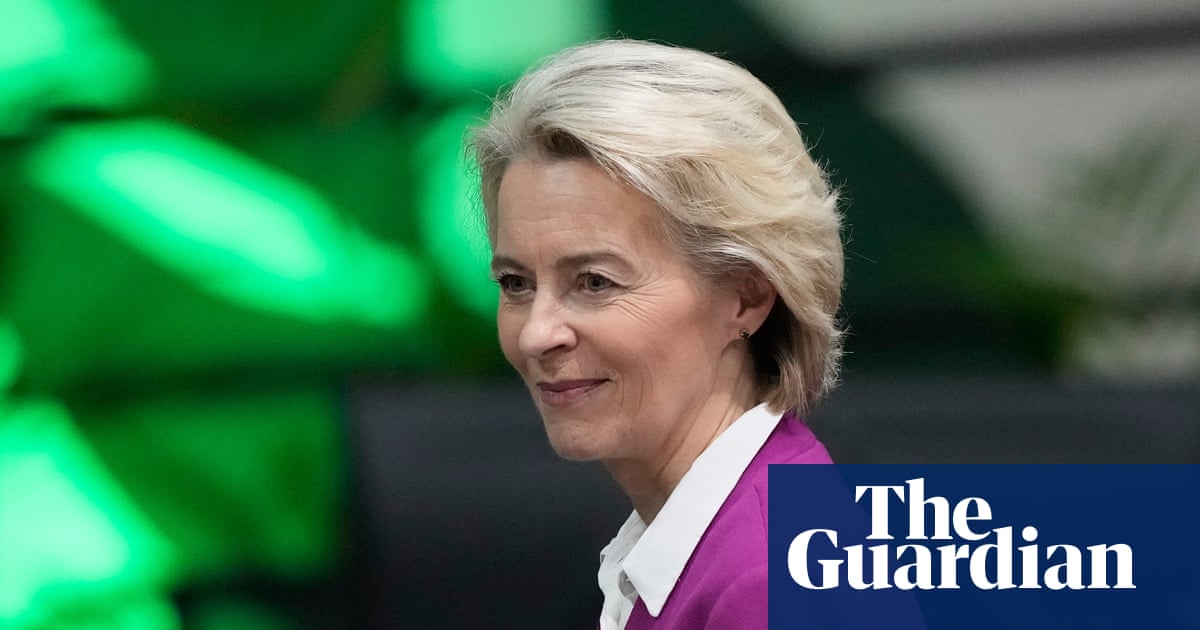It’s never a particularly encouraging sign when the title of a documentary ends with a question mark. It might just be a tiny scrap of punctuation, and yet it can single-handedly undermine an entire thesis.
Take the latest episode of Dispatches. A film called Trump: Moscow’s Man in the White House would hit like a juggernaut. That film would be an authoritative, definitive hammer blow, confirming beyond doubt what many have suspected for years: that Donald Trump is either working with or an unwitting puppet of Putin’s Russia. This film would represent a clean punch landed. It would reverberate around the world.
And yet what we are given is a film called Trump: Moscow’s Man in the White House? Immediately, the question mark renders the whole thing unappealing. There will be no clean punches here, no definitive proof of anything. You will end the hour with minimal new information, and your mind will remain profoundly unchanged. In other words, what a weird shrug of a show this is.
The film begins with a whistle-stop tour of everything you’ve known about for the best part of a decade. The Kremlin collecting information on Trump during his marriage to his Czech Republic-born first wife Ivana. Numerous Russians investing in Trump’s property portfolio as his other businesses failed. The 2016 election interference. Steele. Mueller. Helsinki. Zelenskyy. It would have been a muscular first act that set the stage for a cunning development – some vital new evidence that ties everything together or at the very least moves the story on – except as the film wears on, you realise with a horrible lurch that this isn’t the first act. It’s the whole thing.
And it’s hard to see this as anything but a failure; something akin to reading a Twitter thread in 2018. Which isn’t to say the film lacks access. John Bolton is interviewed. Former CIA counterintelligence head Susan Miller is interviewed. We meet FBI agent turned whistleblower Johnathan Buma. And yet none of them can answer the episode’s central question. Bolton says people told him that Trump worked for the Russians, but he was disinclined to believe it. Miller carefully lays out the extremely vague CIA definition of a Russian asset, only to hedge by suggesting that Trump “could be” one, which is no help to anybody.
What’s so frustrating is that this really matters. As Russia’s invasion of Ukraine rumbles on, and Trump’s level of involvement seems to oscillate by the minute, this is absolutely the time to cast fresh eyes on his relationship with Putin. And yet, bizarrely, Ukraine comes off as an afterthought. It’s used cynically as a bookend, dropped in at the very beginning and the very end to try and hypnotise the viewer into believing they’ve watched something more timely than they actually have.
More focus on the present day would have improved things immeasurably. Early on we met Nathaniel Raymond, who was part of the US State Department Conflict Observatory Program, which worked to record war crimes committed by Russia. His testimony is nothing short of staggering. His investigation led him to estimate that 35,000 Ukrainian children – some as young as eight months old – have been systematically abducted and reeducated by Russian forces, in what amounts to industrialised kidnapping. Real progress was being made in tracking them. But then Trump was reelected, and almost instantly cut the program’s funding.
The segment is a ghost of what the film could have been – an up-to-the-minute exploration of how Doge cutbacks have redefined the connections between Trump and Putin – but instead, gallingly, we are taken by the hand and led towards yet more hoary old speculation about the Miss Universe pee-pee tapes.
Perhaps the film-makers know they’re doomed to be outpaced by current events and have simply resigned themselves to it. This week alone there seems to have been a shift in the way Trump deals with Russia, supplying Ukraine with missiles and threatening Moscow with crippling tariffs.
But recent evidence suggests that Trump operates on a whim. By this time next week he could have withdrawn his support, or alienated Zelenskyy with a brash demand. He could have ended the war, or he could have made it a thousand times worse. There’s no way of knowing. The whole thing is playing out at the speed of light, and it’s almost impossible to document. If you were tasked with making a film about Trump’s relationship with Russia, wouldn’t you take the easy option and focus on the past, too?
-
Dispatches: Trump: Moscow’s Man in the White House? is on Channel 4

 3 months ago
103
3 months ago
103


